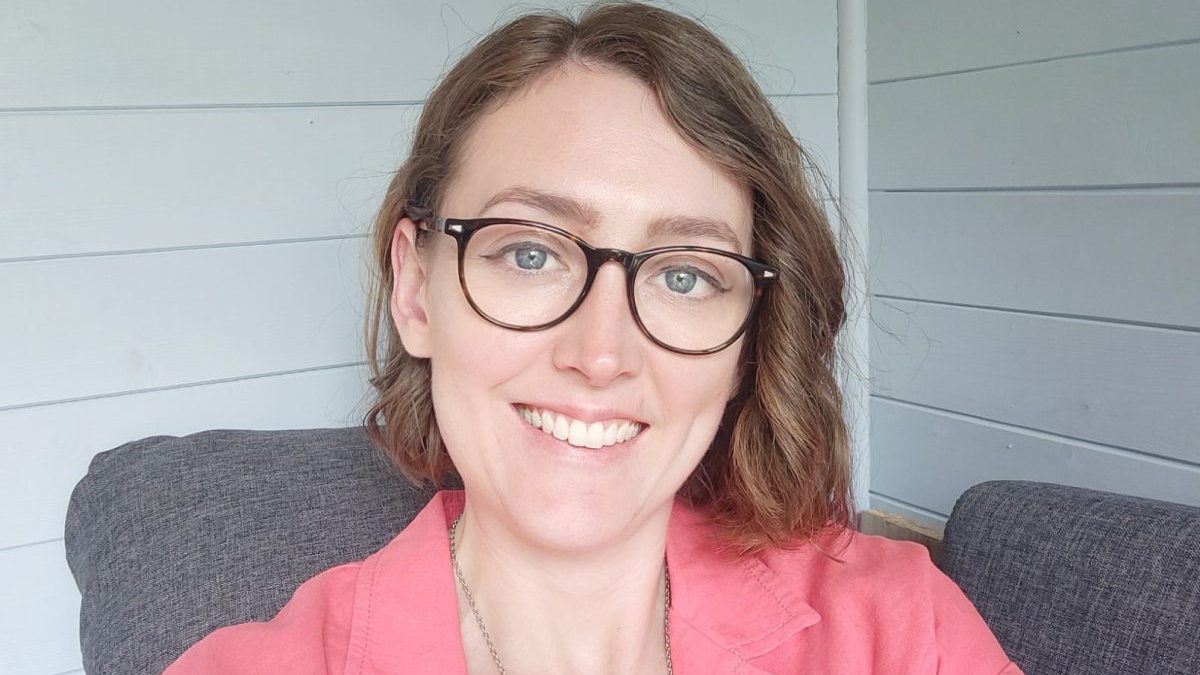From investors calling them ‘idiots’ to being forced to apply for jobs, three entrepreneurs share what they learned when their businesses failed
Whether you’re self-employed or you work a traditional 9-5, it feels like the job market is becoming increasingly precarious, and with it, the notion of ‘job security’ has become all but a myth. According to ONS data, job openings fell by 5.8% to 718,000 from May to July, while researchers at the London School of Economics and Political Science say they’ve observed an ‘exodus of the self-employed’.
Despite this uncertainty, we often hear about how “simple” it is to start a coaching or consultancy business from entrepreneurial influencers banking on clicks and views from those desperate to earn some extra cash. And while it may prove easy for some, bulldozing into self-employment could prove catastrophic without a realistic idea of what to expect.
We spoke to three business owners about the mistakes that led their businesses to fail, and the steps they took to recover.
Ismael Dainehine, CEO, EverGive ‘We tried to build something that was clever but not what people needed,’ says EverGive CEO Ismael Dainehine
‘We tried to build something that was clever but not what people needed,’ says EverGive CEO Ismael Dainehine
The desire to build a business that is both personally fulfilling and purposeful for its service users has led Ismael Dainehine down an ever-changing path of entrepreneurship.
Ten years ago, fresh out of university, he started working on – and eventually co-founding – his first business. He landed on an app that helped people living in flat shares manage and organise their chores in one place. “It failed fairly quickly,” he says.
Despite raising an initial £150,000 through the Seed Enterprise Investment Scheme (SEIS), his team was unable to secure further investment of £1.2m which would have gone towards hiring more people and overall expansion.
“[This time] investors were a bit more prudent, they were just like ‘no, you guys are idiots’. That was the first real lesson that I learned about failure. We tried to build something that was clever but not what people needed.”
Undeterred by this setback, Ismael set his sights on a second business, this time with no financial backing. “The idea behind it was to create a hyper-localised Snapchat for University campuses.
“That failed quicker – I’m talking literally in three months or so. But again, we made the same mistake, to a softer degree. We built something that we thought was clever, but not what people need for a sustainable period of time.”
He eventually saw success at the helm of an ecommerce company which he ran from 2016 to 2021 before he exited. “Optically it was very successful but internally it wasn’t, because after it satisfied the monetary goals, anything beyond that started to feel very soulless. That’s what led me to EverGive.”
Dainehine is now the co-founder and CEO of EverGive – a platform that invests charity donations into a central Bitcoin reserve which can be used by charities to unlock long-term funding.
“I feel like everything I’ve done in the last 10 years has taken me to this point. As cliché as it sounds, EverGive combines things I’m really passionate about, which is philanthropy and tech, with humanitarian activism, freedom and human liberties. The cautionary tale is that the biggest risk isn’t failure. It’s being successful without having clarity. Get clarity. Really work out what your principles are, and let your success be guided by that.”
Cameron Harris, Managing Director, TRUTH Fitness Within 24 hours, Cameron Harris’s business lost around 70% of it’s clients
Within 24 hours, Cameron Harris’s business lost around 70% of it’s clients
Having formerly worked as a personal trainer and strength and conditioning coach, Harris and his business partner began managing the gym of a prestigious London members’ club in 2018. It wasn’t long before things took off.
“Within the first 18 months we went from five clients to 55 clients,” he says. “We were training CEOs of big insurance firms, legal firms and accountancy firms, along with a lot of independent entrepreneurs who were very successful.”
Though things seemed to be going well, Harris noticed signs that the club was beginning to decline in 2019. “We had all these top end clients that were really happy with us, but then complaints started coming through [about the club’s services].”
More bad news was to follow when, a few months later, the Covid-19 pandemic saw the members’ club – along with Harris business – cease trading overnight. “Literally within 24 hours we’d gone from overseeing a thriving gym space in the heart of London to doing training sessions on Zoom from our bedrooms. We lost around 70% of our clients.”
After toying with the idea of setting up his business in another members’ club, an unexpected Christmas lockdown prompted him to change tack. “I decided to go all in with our online offer. It was safer, we could grow it, and people were already doing really well with it.
“Fast forward to today and things are going well. We’ve now got B2C and B2B parts of the business, we’ve got our own supplementation range, we’ve got private medical doctors who we work with in Harley Street, and we also do physical workshops.”
Sian Lawley-Rudd, Founder, Lavender Garden Animal Services ‘I was just scraping by, paying bills for the business but not paying myself a penny,’ says Sian.
‘I was just scraping by, paying bills for the business but not paying myself a penny,’ says Sian.
While the pandemic thwarted many businesses (record numbers of firms went bust in 2023), some founders were able to flourish during this period.
After a decade of unfulfilling corporate jobs, Sian Lawley-Rudd launched her dog walking business, Lavender Garden Animal Services, in 2019, and it quickly became a victim of its own success. She admits that she “didn’t really know what proper marketing was at the start,” so decided to post about her service on local Facebook groups. “I was lucky as another dog walker was closing down and passed me over some of her clients.”
Before long it became clear that the business was growing faster than Sian was able to keep up with. “It grew to a point where it became completely unmanageable. I had no systems, no boundaries, and I genuinely used to call the business a monster,” she says. “Five months in I was full to capacity, and I’d taken one person on to help me with walking. I only hired one person at the time as I couldn’t afford to pay anyone else.”
But demand only increased. “I continued to grow through Covid because key workers still needed to go to work, so I was taking on more walks. I got to the point where I ended up with three walkers supporting me and we were full everyday.”
Sian was regularly working seven days a week, and it wasn’t long before the pressure started to take its toll. “Someone would miss a key for a house, or there might have been scheduling issues. Obviously I’m human and I make mistakes, but I noticed I was making them more often.”
She decided to scale things back, putting an end to her dog walking service and focussing the bulk of her efforts on dog training. “I dropped a big portion of my income thinking my training was taking off. My classes were always filling up and I had enough months of that happening to feel comfortable.”
This didn’t last, however, and the cost of living crisis eventually caused bookings to slow down last year. The future of the business was so uncertain that Sian started applying for jobs. “I was just scraping by, paying bills for the business but not paying myself a penny.”
She sought advice from a business coach, who taught her about the different ways she could progress and adapt to the changing market by focusing on scalable online offers. “I asked myself what really matters, which was creating calm, compassionate, empowering support for dog parents, and I used those values as a filter. Anything that didn’t align with the values was stripped away. The business now feels focussed, purposeful and sustainable, and I’m much happier.”
